Marvel Rivals Fan Wants One Selection Screen Change
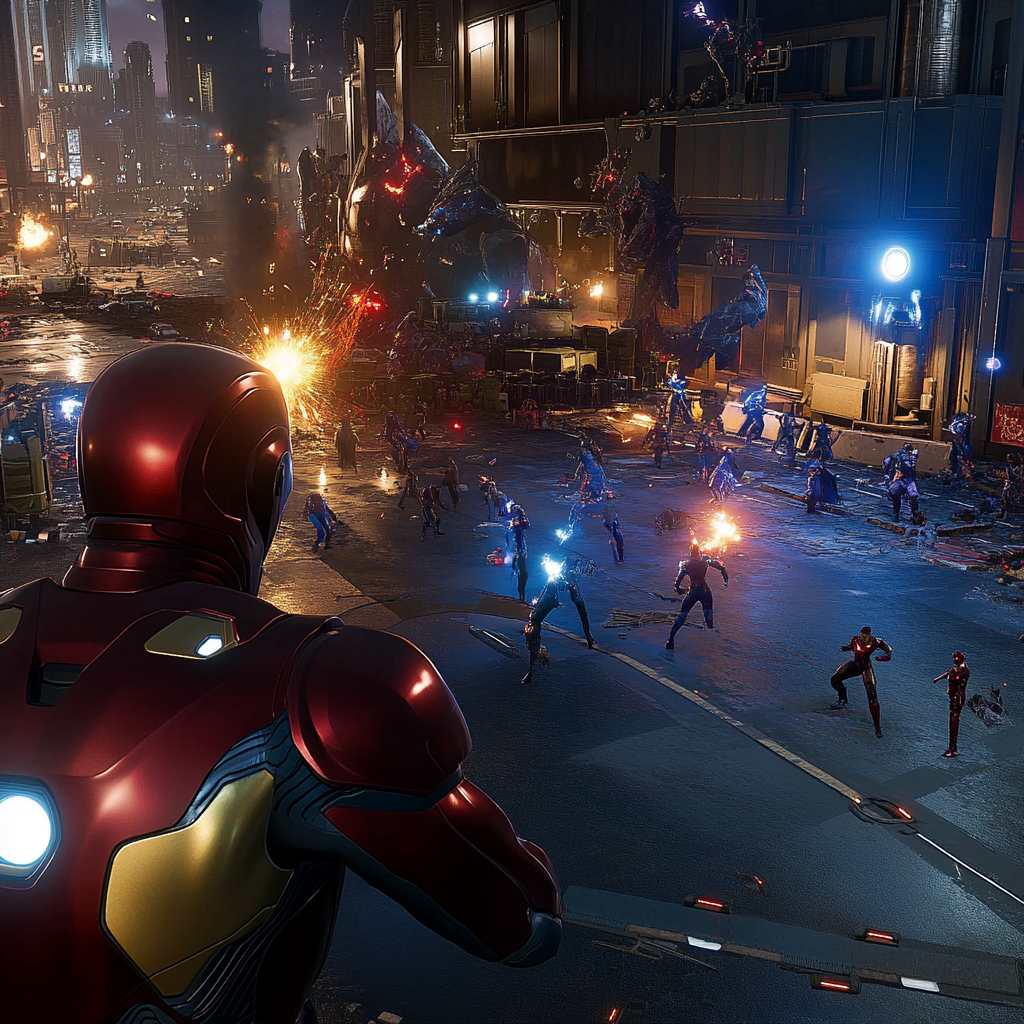
The gaming community is abuzz with talks about a much-discussed proposal stemming from the Marvel Rivals fan base, focusing on enhancing the game’s selection screen interface. Such community-driven feedback often becomes pivotal in shaping gaming environments for better user experiences. In the vibrant world of gaming, where enthusiasts passionately engage in their favorite games, even the smallest changes can significantly impact the player’s journey. Uncover the influence of fans on game modifications.
The Need for Change: Why the Selection Screen Matters
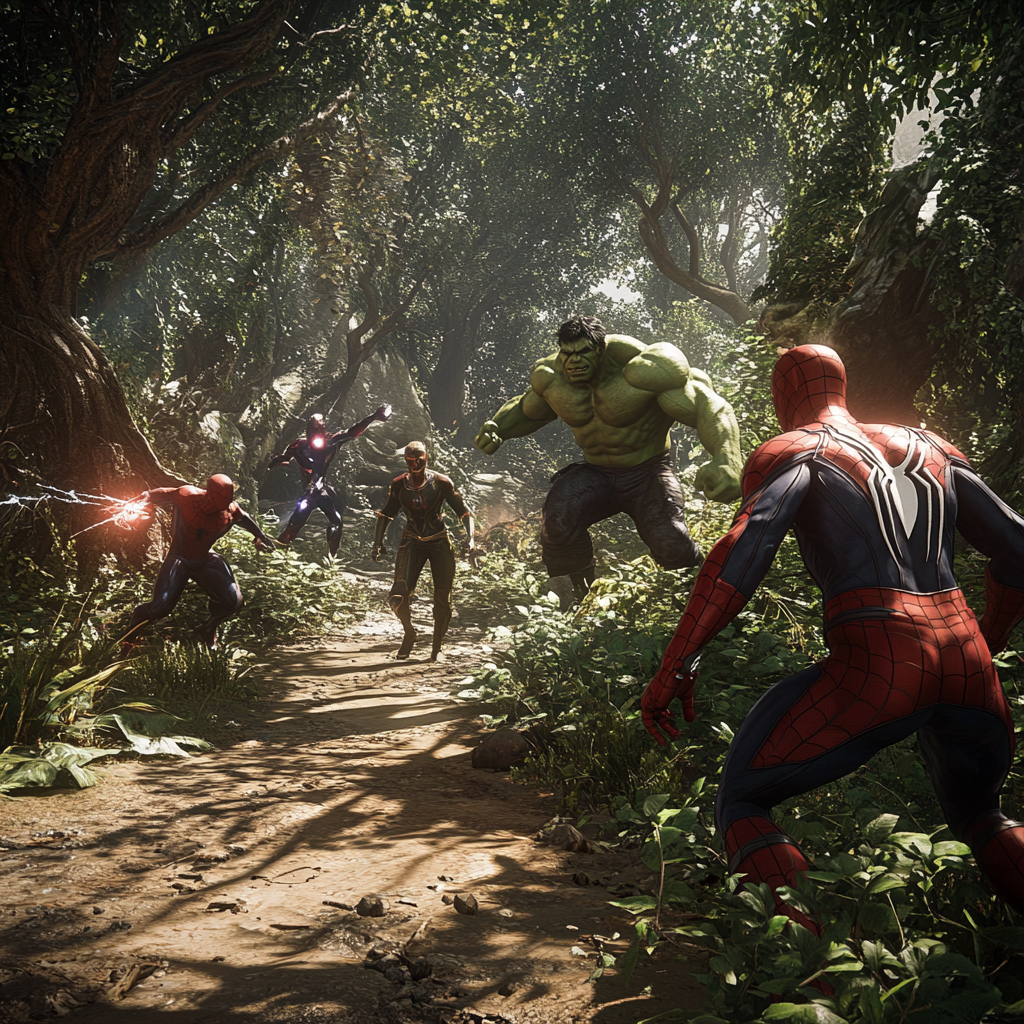
Selection screens act as a gateway for players, setting the tone before they dive into gameplay. In Marvel Rivals, fans have voiced their desire for a more intuitive and visually appealing interface, which could enhance player satisfaction and streamline character selection. This change isn’t just aesthetic — it has the potential to improve gameplay efficiency by providing clearer options and quicker access to favorite heroes. Explore other games where user interface changes have made an impact.
In an era where personalization is key, players yearn for interfaces that reflect their individuality and enhance their gaming experience. Suggestions have included customizable backgrounds and themes that resonate with each gamer’s personal style. Implementing such features could significantly enrich how players interact with the game, bringing about a new level of immersion and connection. See how thematic settings affect player engagement.
Proposed Features: What Fans Are Asking For

A few captivating proposals from the Marvel Rivals community include dynamic visuals that adjust based on the character chosen, providing an enriched backdrop that adds to the character’s story. Moreover, improved audio cues and feedback are sought to complement visual elements, heightening the overall sensory experience. Enhancing these features would not only make for a more engaging selection phase but also prepare players more effectively for the battles ahead. Discover similar enhancements in other popular games.
Real-World Examples: How Changes Affect Gaming Communities
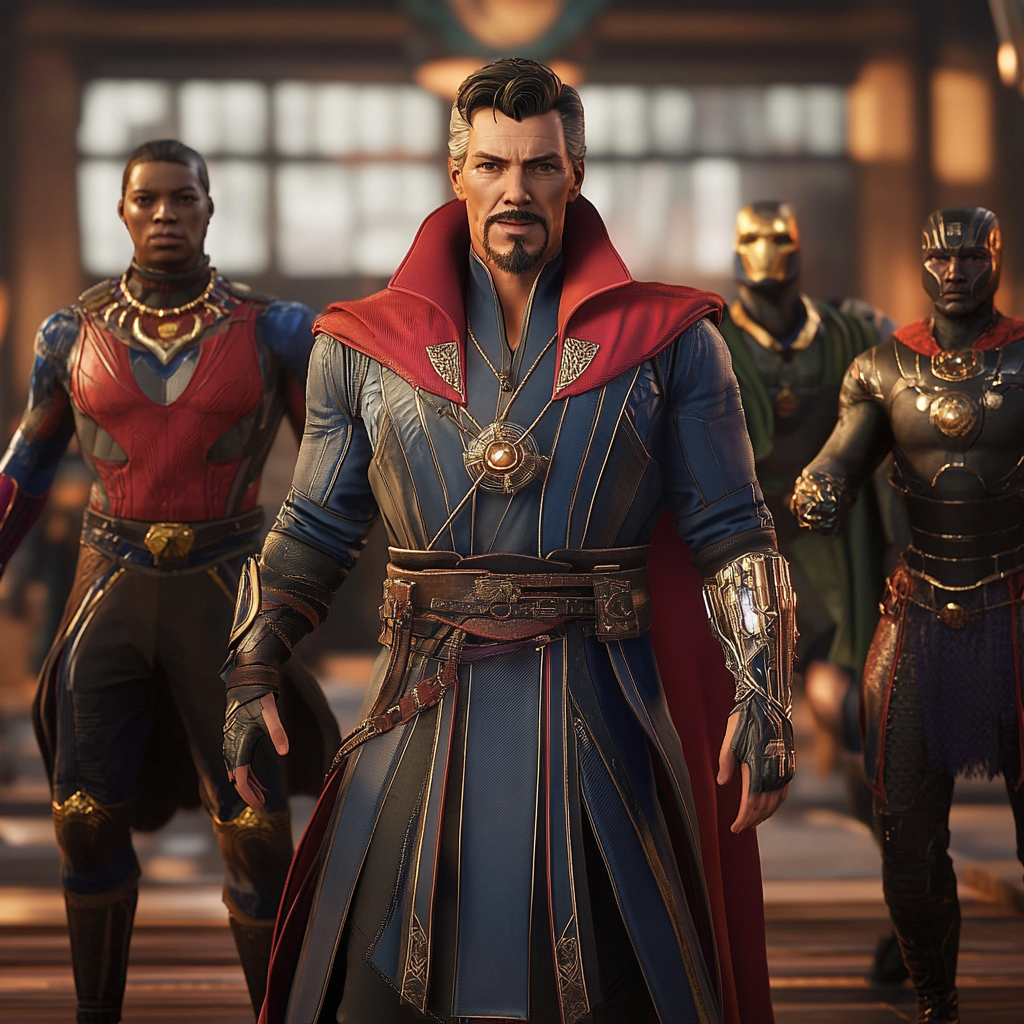
In several games, fan feedback has prompted game developers to adapt interfaces to better meet community preferences. A prime example can be seen in how interface modifications led to enhanced overall player satisfaction and increased user retention rates. When fans see their suggestions implemented, it fosters a stronger bond between the community and developers, creating a collaborative environment that encourages continued engagement and loyalty. Read about the positive outcomes of community-engaged development.
Such dynamics not only validate the players’ input but also enable developers to craft richer, more resonant game worlds that echo the desires and passion of their audience. As the Marvel Rivals community eagerly awaits potential changes, the success of these initiatives may pave the way for future collaborations where fan-recommended changes shape the evolution of gaming landscapes. Consider how game ecosystems evolve from player feedback.
Fostering a Collaborative Spirit: From Feedback to Future
The strength of gaming lies in its community. By voicing their opinions and suggesting improvements, players can directly influence the games they love. Marvel Rivals serves as a testament to the power of engaged communities — demonstrating how collective feedback can inspire game enhancement, encourage developer responsiveness, and cultivate a dynamic, collaborative environment. Understand the dynamics of community feedback in gaming.
The call for an improved selection screen reflects the ongoing dialogue between players and developers. As we observe Marvel Rivals evolve, we are reminded of the profound impact a dedicated community can have in shaping the very essence of their gaming experience. With these potential changes, the game not only adapts but thrives, offering enriched experiences that ensure players remain engrossed in every moment. Explore further examples of game evolution through community input.
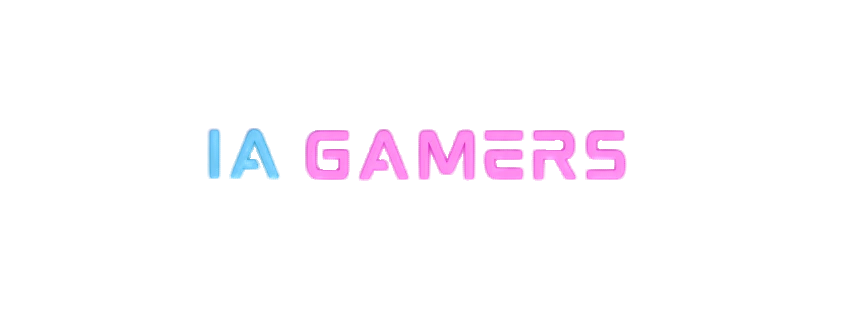
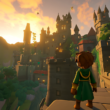




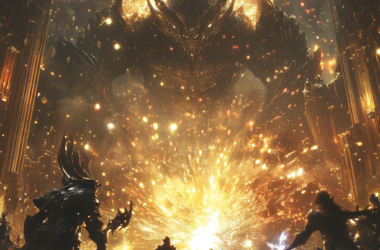
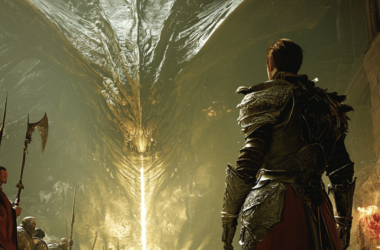
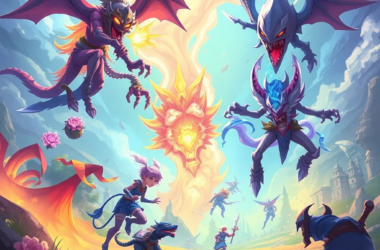
Your article helped me a lot, is there any more related content? Thanks!
В этой публикации мы сосредоточимся на интересных аспектах одной из самых актуальных тем современности. Совмещая факты и мнения экспертов, мы создадим полное представление о предмете, которое будет полезно как новичкам, так и тем, кто глубоко изучает вопрос.
Подробнее тут – https://vyvod-iz-zapoya-1.ru/
anabolic drug
References:
valley.md
dianabol and testosterone cycle for beginners
References:
dianabol cycle results (intensedebate.com)
testosterone dianabol cycle
References:
Valley.Md
1 iu hgh per day results
References:
6 month hgh cycle results (werkstraat.com)
how to workout on steroids
References:
consequences of steroids (git.nightime.org)
Lifestyle optimization cleaning, productivity boost achieved. Time management perfected. Schedule heroes.
what is the difference between cjc 1295 and ipamorelin
References:
cjc-1295 ipamorelin blend pittsburgh (wiwonder.com)
what is sermorelin ipamorelin blend for men
References:
Hallandale ipamorelin injection
ipamorelin injection timing
References:
compare ipamorelin and sermorelin (https://www.muslimlove.com/)
dosage for ipamorelin and cjc 1295
References:
ipamorelin 2mg axiom peptides legal In usa
ipamorelin growth hormone releasing peptide
References:
ipamorelin pill form (noticias-sociales.Site)
is cjc 1295 the same as ipamorelin
References:
tesamorelin cjc1295 ipamorelin dosage
cjc 1295 + ipamorelin before and after
References:
tesamorelin and ipamorelin (fli.my)
tesamorelin & mod grf & ipamorelin for sale
References:
ipamorelin starting dosage (Lavonne)
ipamorelin kaufen deutschland
References:
Cjc-1295/ipamorelin acetate
fragment 176-191+mod grf 1-29+ipamorelin mix
References:
cjc-1295 ipamorelin vs Sermorelin (http://www.shopes.nl)
ipamorelin oral or injection
References:
reconstituting cjc 1295 ipamorelin – internskill.in,
Эта статья сочетает в себе как полезные, так и интересные сведения, которые обогатят ваше понимание насущных тем. Мы предлагаем практические советы и рекомендации, которые легко внедрить в повседневную жизнь. Узнайте, как улучшить свои навыки и обогатить свой опыт с помощью простых, но эффективных решений.
Детальнее – https://quick-vyvod-iz-zapoya-1.ru/
what is the best injectable steroid
References:
best legal steroid alternative (https://git.winscloud.net)
freezma steroids
References:
anabolic labs steroids – https://bartists.info,
anabolic and androgenic
References:
physical side effects of steroids (git.hantify.ru)
using steroids to lose weight
References:
steroids vs natural comparison (https://tunelifystream.com)
tren vs deca
References:
dual andro stack (wangchongwu.vicp.fun)
deca supplement side effects
References:
Body Building Pills (https://Gitea.Chloefontenot.Org/)
buy steroids online usa
References:
anabolic steroids for muscle building (https://git.yinas.Cn)
Your point of view caught my eye and was very interesting. Thanks. I have a question for you.